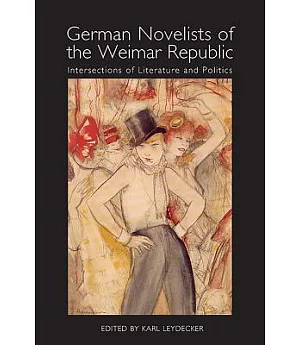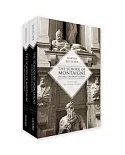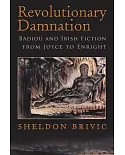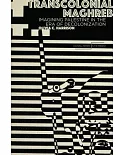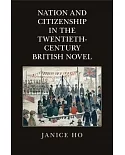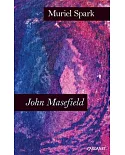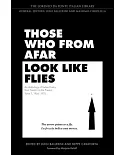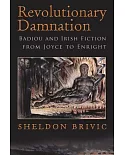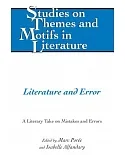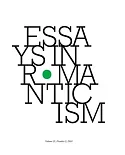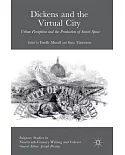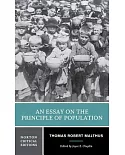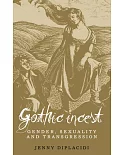The Weimar Republic was a turbulent and fateful time in German history. Characterized by economic and political instability, polarization, and radicalism, the period witnessed the efforts of
many German writers to play a leading political role, whether directly, in the chaotic years of 1918-1919, or indirectly, through their works. The novelists chosen range from such now-canonical
authors as Alfred D繹blin, Hermann Hesse, and Heinrich Mann to bestselling writers of the time such as Erich Maria Remarque, B. Traven, Vicki Baum, and Hans Fallada. They also span the political
spectrum, from the right-wing Ernst J羹nger to pacifists such as Remarque. The journalistic engagement of Joseph Roth, otherwise well known as a novelist, and of the recently rediscovered writer
Gabriele Tergit is also represented. Contributors: Paul Bishop, Roland Dollinger, Helen Chambers, Karin V. Gunnemann, David Midgley, Brian Murdoch, Fiona Sutton, Heather Valencia, Jenny
Williams, Roger Woods. Karl Leydecker is Reader in German at the University of Kent.

